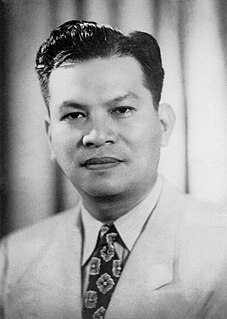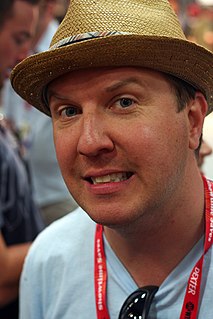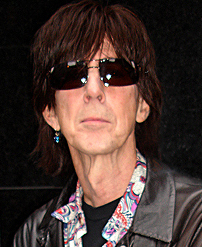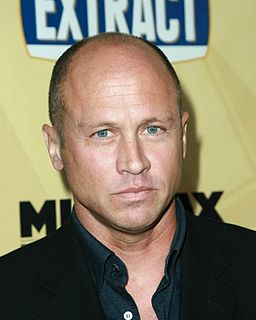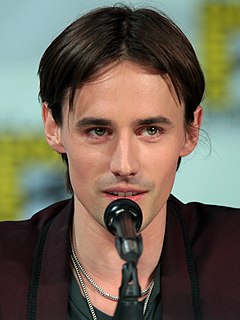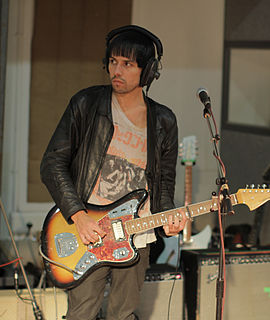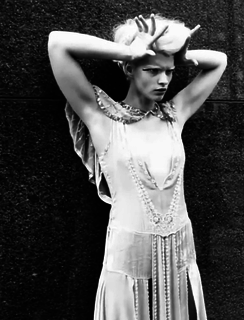Цитата Зэди Смит
Некоторым нравится просто сидеть и кататься. Это прекрасная вещь, которую может сделать художественная литература. Но это не единственное. На телевидении и в кино люди готовы принять любой вид прыжка, но малейшее нарушение на странице приводит их в трепет.
Связанные цитаты
Вы покупаете машину или любую другую вещь, когда видите, что она есть у кого-то другого. Так что люди будут покупать что-то только тогда, когда увидят систему в чьем-то доме, а это требует времени. Корпоративные люди обманули бедняков. Так что это нужно сломать, и нужно создать доверие, что эта система действительно будет работать.
Для многих людей важнее всего принадлежать к чему-то модному или что-то в этом роде. Быть частью чего-то, что не общество, а просто клика. И они сильно отвлекаются, пытаясь думать, как все. Они не понимают, что вы должны мотивировать себя делать то, что вы хотите делать. Некоторым просто нравится кататься вместе. И это тот тип людей, с которыми я не слишком хорошо лажу.
В какой-то момент меня осенило, что большинство людей в кинобизнесе — не только руководители, но и люди, которые их снимают — как правило, происходят из довольно высокого класса. Если они идут на работу, то только для того, чтобы получить такой опыт, что-то в этом роде. После окончания колледжа у них есть время посетить Европу, взять отпуск и собраться с мыслями. Такого у меня точно не было.
Одна из проблем с эпизодическим телевидением любого цвета заключается в том, что все должно быть в порядке в конце эпизода, чтобы его можно было начать снова на следующей неделе. Поэтому происходящие события редко меняют жизнь. Но с пленкой вы можете сказать, что это случилось только один раз; это главное, что случилось с этими людьми.
Мир подобен аттракциону в парке развлечений. И когда вы решаете пойти на это, вы думаете, что это реально, потому что настолько силен наш разум. И поездка идет вверх и вниз и кругом и кругом. В нем есть острые ощущения и мурашки, он очень ярко окрашен, он очень громкий и какое-то время веселый. Некоторые люди уже давно катаются и начинают задаваться вопросом: «Это реально или это просто аттракцион?» И другие люди вспомнили, и они возвращаются к нам, они говорят: «Эй, не волнуйся, никогда не бойся, потому что это просто поездка». И мы убиваем этих людей.
Да, страх своей пустоты. В то же время мне это как-то нравилось. Малларме пытался сделать страницу пустой. Но если вы собираетесь сделать страницу пустой страницей, это не просто отсутствие чего-то, это должно стать чем-то другим. Это должно быть материальным, это должно быть вот это. Я хотел превратить страницу в вещь.
Первое, что я говорю, когда люди спрашивают, в чем разница [между работой на телевидении и в кино], это то, что у фильма есть конец, а у телевидения — нет. Когда я пишу фильм, все, о чем я думаю, это то, где все закончится и как привлечь к этому внимание зрителей. И на телевидении это не может закончиться. Вам нужно, чтобы аудитория вернулась на следующей неделе. Это как бы меняет направление повествования. Но я нахожу это больше как сценарист, чем как режиссер.
Я был на Бродвее в течение трех лет с Человеком-пауком, и столько времени, потраченное на шоу, - быть на Бродвее утомительно. Люди, которые это делают, наверное, самые трудолюбивые люди. Я не должен так говорить, потому что в кино и на телевидении тоже много тяжелой работы. Это постоянство восьми концертов в неделю - я чувствую, что готов вернуться к этому сейчас после небольшого перерыва. Мне нравится иметь возможность переключаться между разными видами искусства, будь то театр, кино, телевидение, музыка. Это действительно замечательно иметь возможности в разных областях.
Это будет просто брошюра. Три страницы. На первой странице будут «Наркотики, которые я принял», а затем список. На следующей странице будут «Люди, с которыми я спала», а затем еще один список. Тогда последняя страница будет «Знаменитые люди, с которыми я тусовался», а затем еще один список. Потому что это все, что люди пишут в своих автобиографиях. Вырежьте всю эту чушь, и это будет просто трехстраничная брошюра.
Если ты хочешь фильм, а они не хотят тебя, иногда тебе приходится бороться за него. Иногда это заканчивается просто встречей, когда я просто сажусь с ними и просто говорю, что вот мое видение этого, и вот почему я действительно люблю это. Но по большей части, я думаю, кинематографисты тяготеют к людям, которые взволнованы — так же взволнованы, как и фильм, и так же увлечены им. Так что иногда это не столько функция прослушивания, сколько просто общение с режиссером.
Я думаю, что у меня есть обязательство перед людьми, которые согласились сниматься в фильме, сделать фильм, который соответствует их опыту. Монтаж моих фильмов — долгий и избирательный процесс. Я действительно чувствую, что когда я вырезаю эпизод, у меня есть обязательство перед людьми, которые в нем участвуют, вырезать его так, чтобы он точно отражал то, что, как я чувствовал, происходило в то время, в исходном событии. Я не пытаюсь обрезать его, чтобы он соответствовал стандартам продюсера, сети или телешоу.

